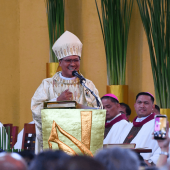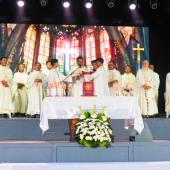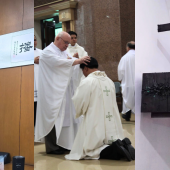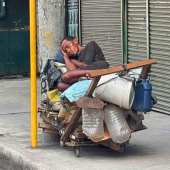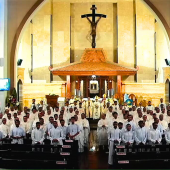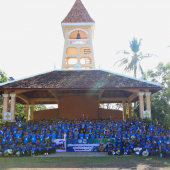Indonesia: Alliance Rejects Geothermal Report, Calls for Just Energy Transition
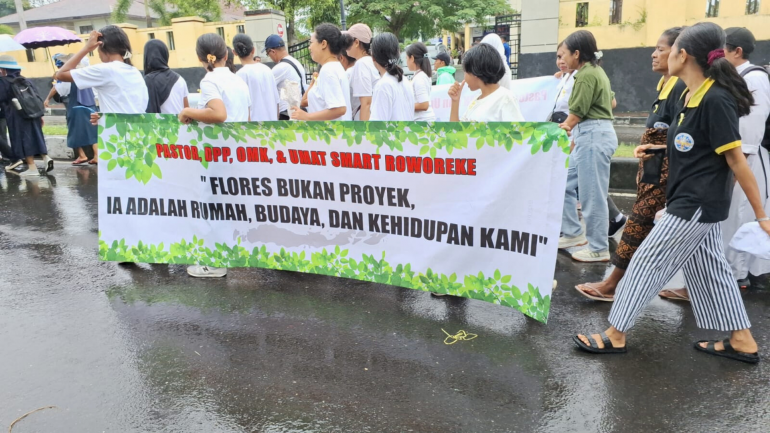
A coalition of civil society groups on Indonesia’s Flores Island has rejected a recent report by a provincial task force on controversial geothermal energy projects, claiming it misrepresents community sentiment and excludes those most affected.
The Alliance Involved with Victims of Geothermal Flores (ALTER BKGF), a network of youth from Catholic parishes, religious justice commissions, student leaders, and advocacy group PADMA Indonesia, issued a strong statement following the release of the report commissioned by East Nusa Tenggara Governor Emanuel Melkiades Laka Lena.
The governor had earlier pledged a review of geothermal exploration after meeting Archbishop Paulus Budi Kleden, who, along with five other bishops, opposed such projects in a Lenten pastoral letter. They warned of environmental damage and negative impacts on local tourism, agriculture, and fisheries.
In March, the Justice, Peace, and Integrity of Creation Commission (JPIC) of the Society of the Divine Word (SVD) also urged national and regional authorities to halt drilling in Mataloko and Sokoria, citing human rights violations, environmental harm, and lack of public consultation. The commission reported coercion of traditional leaders and pollution of the Lowo Tonggo spring.
ALTER BKGF welcomed the task force’s creation but rejected its findings, accusing it of bias and lack of transparency. According to the alliance, the report falsely claims broad community support for geothermal development. In reality, they say, support comes mainly from compensated landowners, while many others have opposed the projects from the outset due to lack of information and consultation.
The alliance also criticized the task force’s composition, noting the absence of women and civil society representatives, and inadequate field engagement. Meetings reportedly focused only on project supporters, ignoring the experiences of women and marginalized voices. Villagers, they stressed, are not ignorant but possess deep collective knowledge of their land and have educated themselves on geothermal impacts through inter-village exchanges.
Residents in affected areas have reported health issues, structural damage to homes, and polluted water. They fear that the projects will sever cultural ties and limit access to ancestral land, forests, and water sources. ALTER BKGF further questioned the task force’s independence, citing its funding and oversight by parties involved in the development.
Despite their opposition to current geothermal projects, the alliance supports a renewable energy transition rooted in justice. They advocate alternatives such as micro- and mini-hydro, solar installations on unused land, rooftop panels, and biogas systems, models that prioritize community participation, sustainability, and what they call “energy democracy.”
The JPIC SVD Commission echoed these calls, urging authorities to evaluate all energy projects based on principles of non-harm, poverty reduction, community rights, and long-term sustainability.
ALTER BKGF called on the government to redirect public funding to diverse, community-based renewable sources and to involve both civil society and the Church in decision-making. They insist that true energy security can only be achieved when communities have autonomy over their own energy systems.
As opposition to the geothermal projects grows across Flores, the governor’s next move remains uncertain. But the alliance vows to continue demanding a path to renewable energy that respects both human rights and the environment.
Radio Veritas Asia (RVA), a media platform of the Catholic Church, aims to share Christ. RVA started in 1969 as a continental Catholic radio station to serve Asian countries in their respective local language, thus earning the tag “the Voice of Asian Christianity.” Responding to the emerging context, RVA embraced media platforms to connect with the global Asian audience via its 21 language websites and various social media platforms.









